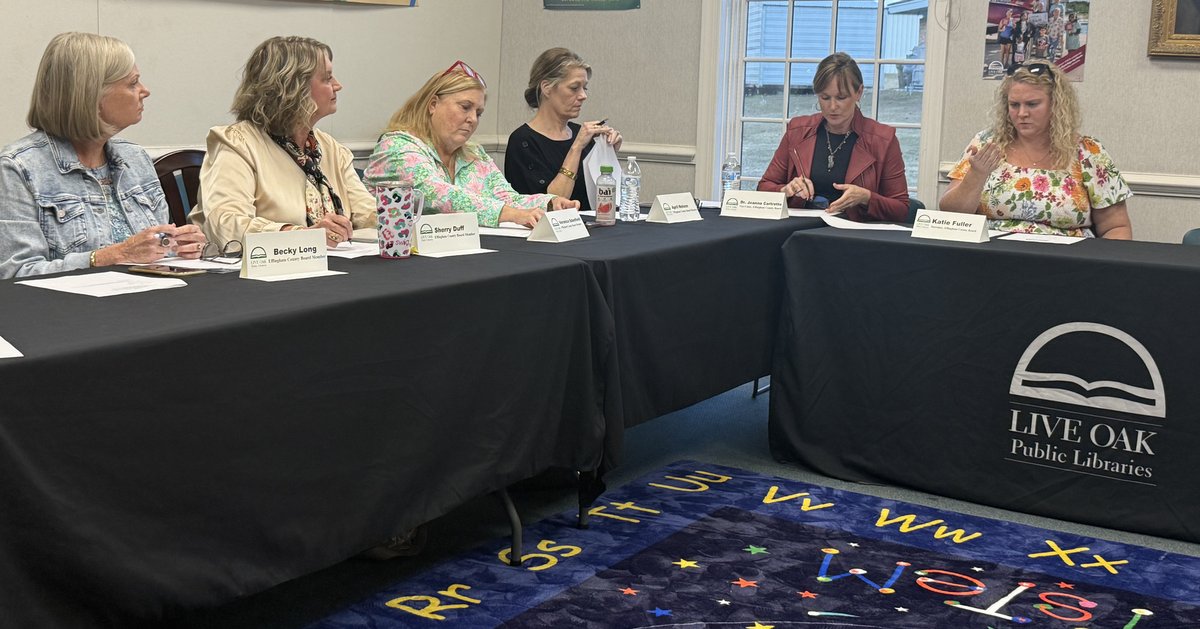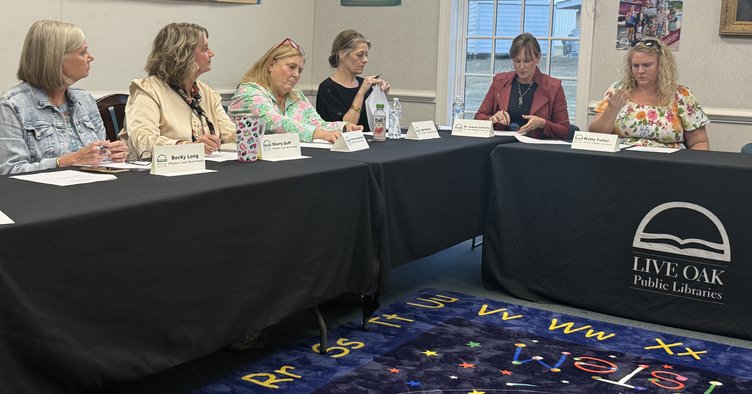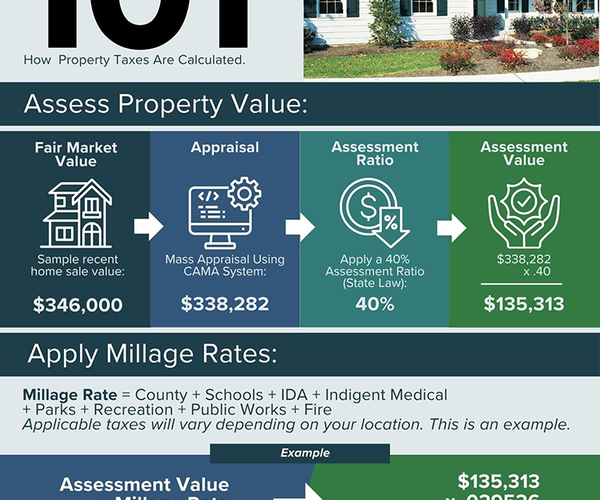We are getting real close to where we need to be. Everything seems to be running fairly smooth.Fiance Director Derrick Cowart
RINCON — According to the Georgia Department of Audits and Accounts, the City of Rincon’s financial house is in order.
The Rincon City Council recently received news that its 2019 audit earned an unmodified or “clean” opinion, the highest rating it can achieve. Derrick Cowart, hired last April, is the city’s financial director.
“We are very pleased at the positive results of our 2019 audit,” City Manager John Klimm said. “The mayor and city council’s highest priority is the financial stability of our city. Derrick has done an outstanding job as our finance director as we continue to search for ways to increase the efficiency and effectiveness of our city operations.”
The City of Rincon’s 2018 audit, which also got a “clean” rating, hadn’t been issued when Cowart arrived at City Hall, making it way overdue.
“The (State of Georgia) allows you six months after the end of the fiscal year (to get it done),” Cowart said. “We were way past that so we had to deal with getting 2018 out and then we turned around and actually got the 2019 (audit) out — I think I got the final report June 30.
“We are back on line.”
Cowart said the City of Rincon’s accounting issues of the recent past were due largely to a new accounting system and turnover at the finance director position.
“That doesn’t help matters,” he said.
Cowart chuckled at the irony of a recent state action. County and municipal governments were given more time to submit their financial records because of the COVID-19 pandemic.
“We finally got it out on time and they extended the deadline,” he said.
Cowart said governments that don’t meet audit deadlines invite greater scrutiny from the Georgia Department of Audits and Accounts.
“You won’t get fined but the state can cut off funding,” he said. “Typically, (the Georgia Departments of Audits and Accounts) will let the other state agencies know that you are not in compliance and they might withhold grant funding or any other funding that you are given by the (state) government until you get back into compliance.
“Then they will start releasing the funds.”
Cowart’s extensive work history enabled him to get the City of Rincon back on track quickly. The 1984 Georgia Southern graduate has more than 30 years of experience in governmental accounting, which includes monitoring numerous revenue sources.
“We are getting real close to where we need to be,” he said. “Everything seems to be running fairly smooth.”
Cowart recalled, “During my first year in college, I thought, ‘I’m not ever going to do government,’ but my very first job — my partner that I worked with was very big in governmental accounting — he did Chatham County and Savannah.’ ”
Cowart is glad to be associated with Rincon government.
"I have enjoyed working with the management," he said. "With John and the council, I think everybody is looking out for what is best for the city."
Even though all City of Rincon governmental funds ended the previous fiscal year with increased balances, some concerns remain. The finance director said one is building a reserve fund so that it can handle an emergency.
“When you have an emergency such as a hurricane, you pretty much have to pay (for repairs) up front and then you may get reimbursed for it later,” Cowart said. “You could be struggling for awhile (without an emergency fund).”
Cowart hopes that a fund for capital projects will be established soon.
“We are pleased with the 2019 audit results and will continue to work hard to operate government as efficiently and effectively as possible,” Mayor Ken Lee said. “We have managed our finances well but our greatest need continues to be our aging roads infrastructure. That needs to be our priority over the next five years.”
Rincon’s 2020 budget contained $13.6 million in revenue. That number will rise considerably if Effingham County voters pass the $45 million Transportation Special Purpose Local Option Sales Tax (TSPLOST) referendum this fall.
Rincon would receive about $7.5 million over a five-year period for more than a dozen transportation projects, including resurfacing, sidewalk additions and drainage improvements on some of the city’s busiest streets.








